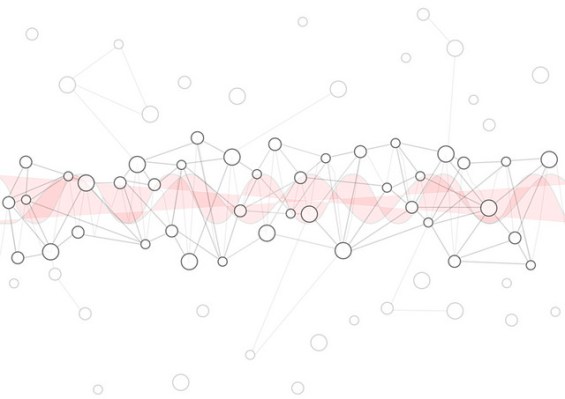Even though DNA sequencing technology is becoming increasingly accessible, it is still difficult to glean helpful information from an individual’s DNA. That is because there is a lack of reference data compiled from other people’s DNA. Most reference data is currently curated by academic institutions and is often compiled in different formats, making it difficult for doctors and researchers to use.
SolveBio wants to solve this problem by making DNA reference data easy to access. The health startup announced today that it has raised $2 million from Andreessen Horowitz, Max Levchin, SV Angel, and other investors.
“There are other companies and hospitals working on ways to interpret the genome. However, no one that we are aware of is working on better ways to deliver and distribute the content necessary to make these interpretations happen. We’re the only ones focusing on making the jobs of developers easier in this field,” SolveBio’s CEO and co-founder Mark Kaganovich said in an email.
Comparing a patient’s DNA to reference data will allow doctors to find other people with similar DNA variants and see how they were diagnosed and treated. SolveBio’s founding team is currently focused on building a system that can integrate genomics data into diagnostic and research applications, which it will make available as an API.
“SolveBio helps patients by making it possible to run diagnostic applications. Genetic diagnosis involves taking a person’s DNA and comparing it to the world’s information on the relationship between DNA and health,” said Kaganovich. “We provide that reference data in a simple, easy-to-use set of APIs. It’s ‘clinical-grade’ in that it is accurate, secure, up-to-date, and versioned (you know exactly what version of a dataset you are using).”
Right now, it is difficult to collect reference data because of the vast amount of information out there since DNA information can, of course, come from everyone in the world.
“The more reference data, the more accurate the test,” said Kaganovich. “Right now there is a very limited amount of useful data out there. Whatever open data is out there, it is in inconsistent formats and quality, and not programmatically accessible. It takes a team of internal programmers to build the infrastructure to collect the data, parse it, normalize it, connect it, and serve it up to clinicians.”
He added that as more molecular data is collected from both healthy and sick people in the future, health data startups will have to meet the challenge of making sure that information remains private and secure.
“We are partnering with other organizations to collect and distribute this kind of data. Some people will want their data to be openly available while others are interested in monetizing it. We are working within those requirements.”
SolveBio’s founding team consists of Kaganovich and David Caplan, who both have a bioinformatics background. Paul George formerly worked on organizing data systems as a forward deployed engineer at Palantir Technologies. Designer David Gross makes SolveBio’s data easy to interpret.
“Design is very important to us since we are building an interface to some pretty complicated data,” Kaganovich said.
Image by Flickr user Indi Samarajiva used under a Creative Commons 2.0 license
